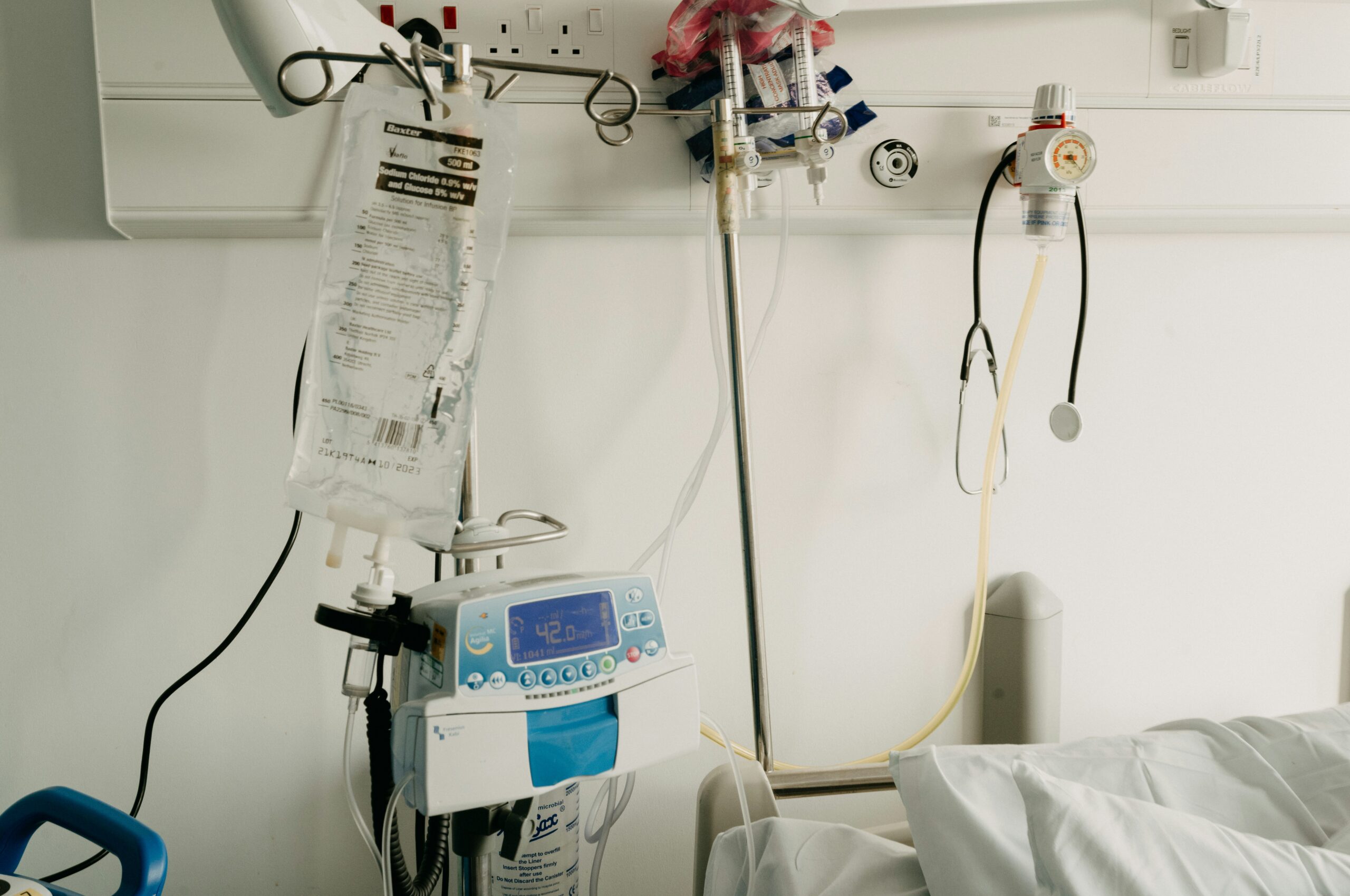When a friend or family member is living with an alcohol addiction, it’s only natural for you to want to help. However, helping an alcoholic friend or family member isn’t always a straightforward process. It’s important that you approach them with the right tools, mindset, and resources in order to effectively support them on their journey to recovery.
There isn’t just one path to recovery, and deciding how best to help your friend or family member often depends on a number of factors. Educating yourself on alcoholism, the symptoms your loved one may experience, and the different paths to sobriety is the first step in helping them break free from their addiction.
The Consequences of Alcoholism for Friends and Family
Alcoholism is a serious mental health challenge that can have devastating effects on your friends and family members if left untreated. Like many other mental health challenges, alcoholism occurs on a spectrum, with some people experiencing just a few detrimental effects, while others experience crippling physical and mental health consequences.
Among countless others, some of the most common consequences of untreated alcoholism include:
- Giving up or neglecting important activities due to alcohol use
- Physical withdrawal symptoms if drinking suddenly stops
- Varying degrees of liver damage
- Increased risk of several types of cancer
- Damaged relationships due to alcohol use
- Loss of employment due to alcohol use
- Damage to the skin and teeth
- Increased risk of developing other mental health challenges
No amount of alcohol use is safe, but the severity of alcohol-related consequences quickly escalates when people develop an addiction. Uncontrolled alcohol use can affect nearly every aspect of your loved one’s life, and most people will need the help of professional addiction treatment services in order to recover.
Signs of Alcohol Addiction
Not everybody who drinks has an alcohol addiction. According to the 2022 National Survey on Drug Use and Health, 52.9% of adults in the United States consumed alcohol in the past month, with over 65% using alcohol in the last year.
It can often be difficult to determine whether your friend or family member is living with an addiction, or if their alcohol use hasn’t yet reached the point where they may need further assistance in order to achieve recovery. The same survey found that 11.2% of adults are currently living with an alcohol use disorder.
A person has an alcohol addiction when they continue to drink despite the consequences caused by their drinking. For example, someone with an addiction may keep drinking despite the following:
- Losing their job due to alcohol use
- Developing liver problems from alcohol use
- Experiencing shakes, sweats, anxiety, or other withdrawal symptoms
- Getting into fights with friends and family over alcohol use
When a person cannot stop drinking despite the fact that alcohol causes all sorts of problems in their life, they have likely developed an addiction. This simple definition can help you understand whether your friend or family member needs help — and when you should intervene.
Take a closer look at what exactly distinguishes addiction from typical alcohol use.
Level Of Alcohol Use Disorder And Treatment Recommendations
There are several different terms used to describe alcohol use and addiction, each with a different set of challenges and patterns to watch out for. This includes:
Alcohol Use Disorder
An alcohol use disorder is the diagnosis given to a person struggling with an alcohol addiction. Alcohol use disorder is an official diagnosis outlined in the American Psychiatric Association’s Diagnostic and Statistical Manual of Mental Disorders (DSM-V), which psychologists and psychiatrists use to diagnose mental health conditions.
Alcohol use disorder is defined on a spectrum. There are 11 key criteria used to diagnose an alcohol use disorder. Meeting just two criteria indicates a mild disorder, while four or five indicates a moderate disorder. Meeting six or more indicates a severe disorder.
When people develop an alcohol use disorder, they typically need professional addiction treatment in order to recover. A substance use treatment center can offer services such as:
- Therapy for co-occurring mental health conditions
- Medication-assisted treatment
- Individual therapy
- Group therapy
- Relapse prevention programs
These services are often combined with self-help interventions, such as attending a 12-step support group like Alcoholics Anonymous, to further improve someone’s ability to achieve and maintain sobriety.
Heavy Drinkers
The National Institute on Alcohol Abuse and Alcoholism (NIAAA) defines heavy alcohol use differently for men and women. For men, heavy drinking is defined as drinking five or more drinks on any day and 15 or more drinks per week. For women, the number of drinks drops to four or more on any day and eight or more drinks per week.
Heavy drinkers don’t always have an alcohol use disorder, though they are at much higher risk than people who drink less. Further, heavy alcohol use is often associated with more potential health consequences, since heavy drinkers consume such a large quantity of alcohol.
Medical detoxification may be necessary to help heavy drinkers overcome withdrawal symptoms, and further treatment may be recommended if they struggle to stay sober on their own.
Binge Drinkers
The NIAAA defines binge drinking as any pattern of alcohol use that brings a person’s blood alcohol concentration to 0.08%. For men, this is typically five or more standard drinks in two hours, while for women, it is typically four or more drinks in two hours.
Like heavy alcohol use, binge drinkers are at much higher risk of developing an alcohol use disorder. Binge drinkers also put themselves at higher risk of alcohol poisoning, accidental injury, or experiencing blackouts while under the influence.
Determining the right level of care for binge drinkers is a case-by-case decision. Some people may do well with self-help support groups alone, while others may need more intensive alcohol treatment options in order to achieve lasting sobriety.
Alcoholism
Alcoholism is a term that is often used interchangeably with alcohol use disorder. It is typically considered a more antiquated term to describe people with an addiction to alcohol.
In the medical and mental health fields today, the term alcoholism has fallen out of favor and been replaced with alcohol use disorder. Still, many people use the term to describe this addiction. Medical detoxification is typically recommended for frequent, or daily, alcohol consumption. Depending on the level of alcohol consumption and length of use, a person may experience extreme withdrawal symptoms including death if not detoxed by professionals.
How to Intervene With a Friend or Family Member
Once you have an understanding of the problem with alcohol use, it’s time to consider how best to broach the topic of their drinking. Talking about an active substance use disorder can be tricky, and it’s essential that you take steps to ensure that your conversation is as productive and effective as possible.
Preparing to Speak to Your Loved One
When you’re first planning on speaking to your loved one, there are a few key things you should do ahead of time to prepare yourself and ensure that they are in the right state of mind to hear your concerns. This includes:
- Educating yourself about alcohol addiction and treatment
- Making sure your friend or family member is sober for the conversation
- Finding a quiet, private place to talk
- Having resources available, should they want to get help
- Preparing yourself emotionally for any difficult moments
Try not to attach yourself to a specific outcome. Your first conversation may not end up with them getting help or getting sober, but it can plant a seed that help is available.
Holding the Conversation About Alcohol
The conversation about alcohol should be guided by a few key principles. First, try not to point fingers or accuse your loved one of causing problems. This can lead to defensiveness and can cut the conversation short. Instead, use “I” statements to describe how their drinking makes you feel and your experience with their drinking.
Second, make sure that your conversation isn’t a lecture. Listen actively to what your loved one has to say, to what their experience with alcohol and addiction is, and to what they feel like they need in order to get sober.
Finally, try to show your loved one your compassion. Making demands or threats rarely leads to someone accepting help, but showing that you only have their best interests at heart can be the catalyst for dramatic changes.
When Your Loved One Is Resistant to Change
Often, people will refuse to accept that they have a problem, that they need professional support, or that treatment will work for them. If this is the case, there are a few things you can still do to help.
Start with curiosity. Ask them why they don’t think they have an addiction, or why they are resistant to treatment. This process of asking them about their alcohol use can help them take a closer look at it themselves, which may help guide them to understanding the scope of their alcohol problems.
If they are still resistant, ask if they’d be willing to take a smaller step than enrolling in a treatment center. This could mean meeting with an addiction counselor for an hour or accompanying you to an addiction support group to listen to other people’s experiences.
If Your Loved One Is Prepared to Get Help
Just as importantly, if your loved one is prepared to get help, you need to be prepared to jump into action. The motivation to change can be fleeting, so it’s crucial to be prepared to help them check into treatment, find an addiction support group, or enroll in a medical detox center.
Ideally, you’ll already have researched these resources ahead of time so that when they say they’re willing to get help, you can start the process immediately.
What Not to Do When Helping Loved Ones
There are a few things to note on what not to do when talking to your loved one about their alcohol use. Specifically, you don’t want to fall into the trap of providing them with assistance that only makes it easier for them to continue drinking.
Codependency between a person with an alcohol use disorder and their friends and family is fairly common. They may rely on you for financial assistance, caretaking, emotional support, or any other number of needs. In your desire to help them get sober, you may feel like these things are helping them along the path to recovery.
But in truth, your loved one should be playing an active role in their recovery. They are the ones who ultimately need to take action to break free from alcohol addiction.
Making an Impact With Your Loved One
By educating yourself, showing your loved one compassion and empathy, and supporting them in finding the resources needed for recovery, you can make a significant impact on their journey toward recovery. Your actions can help them break free from addiction once and for all — and live a happier and healthier life in sobriety.




